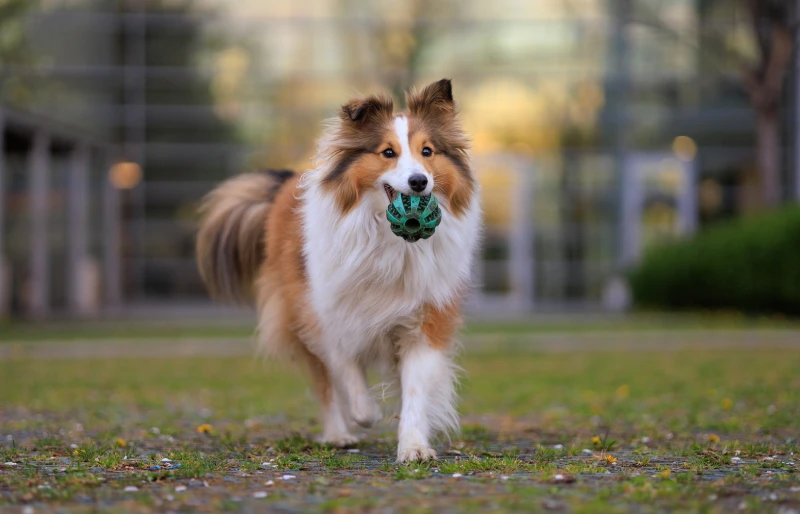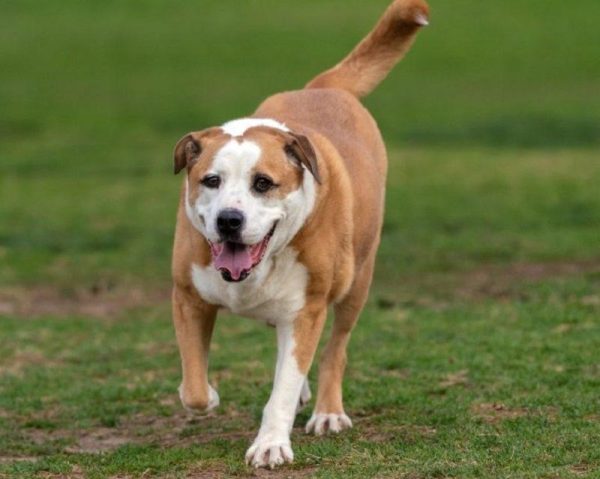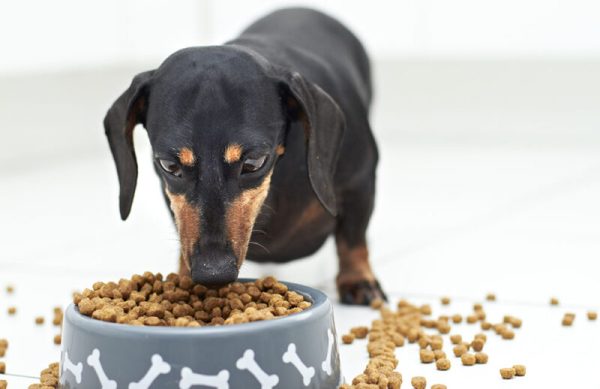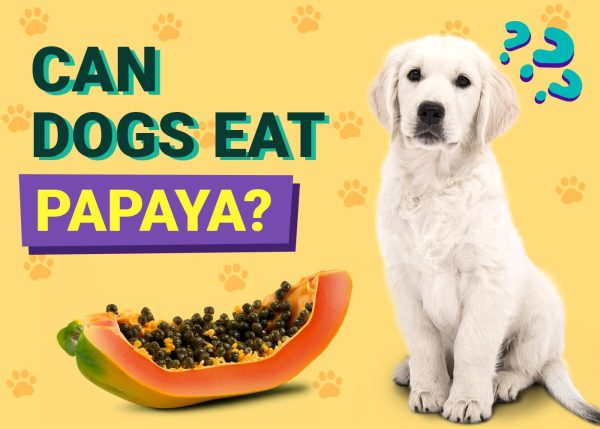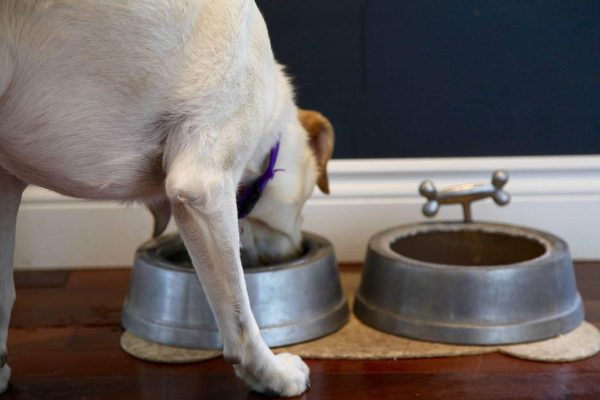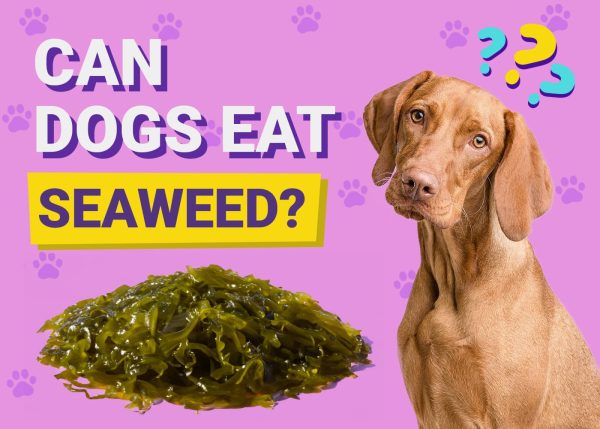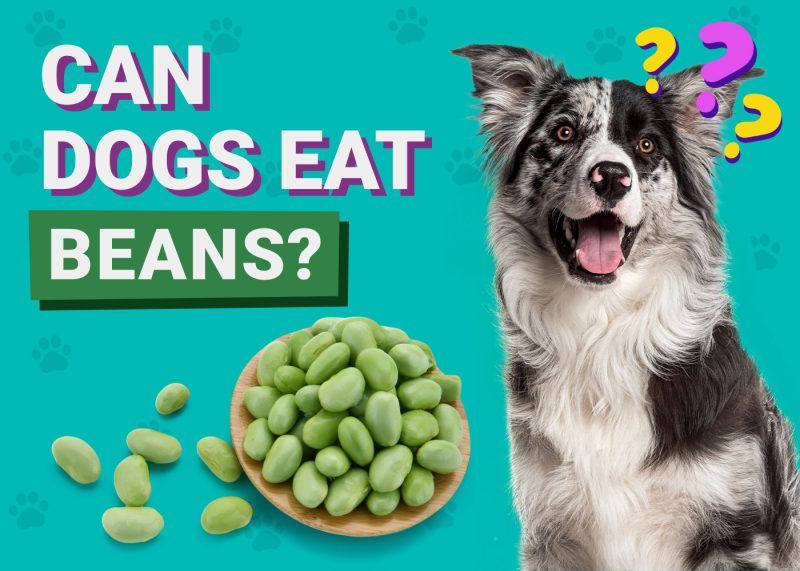Does your dog go absolutely bonkers over their favorite ball? Do they bring you their ball incessantly and beg for you to play fetch with them 24/7/365? If so, you’re probably curious about what could be driving this obsession. Does your pup just enjoy a good game of fetch, or are they addicted to their ball?
Read on to learn more about the instinctual reasons your dog loves their ball so you can better understand their fondness for their favorite spherical toy.

The 8 Likely Reasons Why Dogs Love Balls
1. Balls Speak to Their Prey Drive
One of the main reasons dogs love balls, specifically playing fetch with them, is their prey drive.
Prey drive is inherited from your pup’s ancestors: wolves. A dog’s natural instinct is to find, chase, and catch prey. A ball’s path is erratic and unpredictable, replicating what your pup would encounter while chasing prey. While a tennis ball isn’t likely to become your pup’s lunch, its unpredictability stimulates the chase many breeds crave.
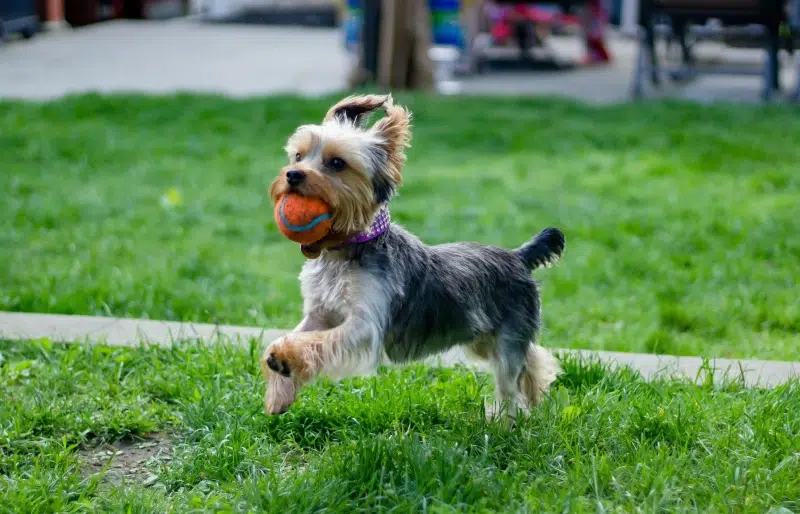
2. Balls Are Fun to Chew
Balls can be perfectly sized to fit in your pup’s mouth, satisfying their instinctual need to chew. Dogs love chewing for stimulation, to relieve anxiety, and as a fun pastime.
Additionally, many dogs are compelled to chew and destroy their toys as it is part of the predatory sequence that includes seeking, eye-locking, stalking, chasing, grabbing, killing, dissecting, and consuming.
We don’t recommend allowing chewing behaviors for several reasons. First, the outer coating of some balls (e.g., tennis balls) can be abrasive and wear down your pup’s teeth over time. Next, dogs have powerful jaws that can split a ball in half in seconds, posing a serious choking risk.
Finally, balls are assembled in mass quantities on factory assembly lines worldwide. Unfortunately, not all manufacturers have safety standards for the materials used to construct their balls. Toxic chemicals and materials may be used at any step of the assembly process.
3. Balls Trigger the Reward Centers of the Brain
Interacting with balls activates a dog’s reward center in their brain. This will trigger an outpouring of feel-good chemicals that further enhance your pup’s enjoyment. Playing with balls can release endorphins and dopamine, promoting pleasure and happiness.
Additionally, pursuing a ball is intrinsically rewarding for dogs, providing a satisfying feeling of achievement once the ball is caught. This neurochemical response will reinforce the positive experience your pup creates between their beloved balls and a rewarding and fulfilling experience.
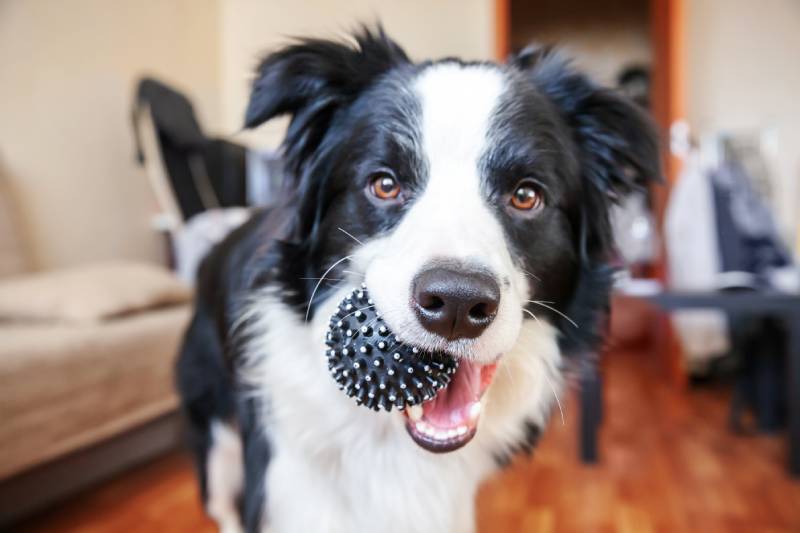
4. Balls Create Positive Associations
When you first brought your pup home, you probably started throwing balls and playing fetch with them immediately. These activities are great for building a trusting relationship with your dog while also meeting their mental and physical stimulation needs.
Your dog may have a deep affinity for balls because of your impact on them. They create positive associations with playing with balls, and it becomes a staple activity the two of you can do together to connect and bond.
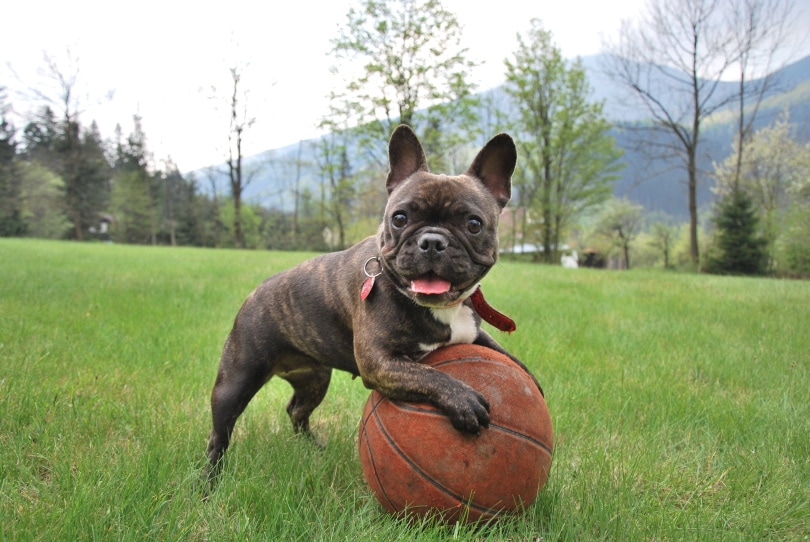
5. Balls Promote Physical & Mental Stimulation
While cats are happy to spend their days napping intermittently, dogs require several sessions of daily exercise to stay happy and healthy. The exact amount of exercise your pup needs will depend on their age, breed, and personality, but most dogs benefit from a minimum of 45 minutes of physical activity daily. Some highly active breeds need as much as 2 to 3 hours of exercise daily.
Playing with a ball is a fun activity that allows dogs to release pent-up energy and prevent any potentially destructive boredom-related activities like chewing or barking.

Can Dogs Become Obsessed With Balls?
Dogs can develop obsessive-compulsive disorder (OCD). The most observed obsessive behaviors include spinning, overgrooming, circling, air biting, eating non-food substances, and pacing. It is possible that obsessive ball chasing could be a compulsive behavior, too.
These compulsive disorders are under constant research. They could be due to chemical imbalances, though underlying medical problems can also be to blame. A veterinarian will need to perform diagnostic tests to determine if your dog’s ball obsession is related to OCD or just a quirk. If they decide that OCD is a concern, behavior and environmental modification will likely be recommended as part of your pup’s treatment plan. A vet may also suggest medication that inhibits serotonin reuptake to help control your pet’s obsessive behaviors.
If you need to speak with a vet but can't get to one, head over to PangoVet. It's our online service where you can talk to a vet online and get the advice you need for your pet — all at an affordable price!

Conclusion
Dogs have special connections with balls thanks to their instinctual drives and natural desires. Whether your pooch loves them because they enjoy the hunt, revel in the anxiety-reducing support provided by chewing them, or delight in the mental stimulation they provide, it’s clear that balls are more than just a toy to our beloved canine counterparts.
See also:
- Can Dogs Get Addicted to Bully Sticks? Vet-Verified Feeding Facts
- Why Does My Dog Have a Favorite Toy: Vet-Verified Behavioral Facts
Featured Image Credit: Barcs Tamás, Unsplash
